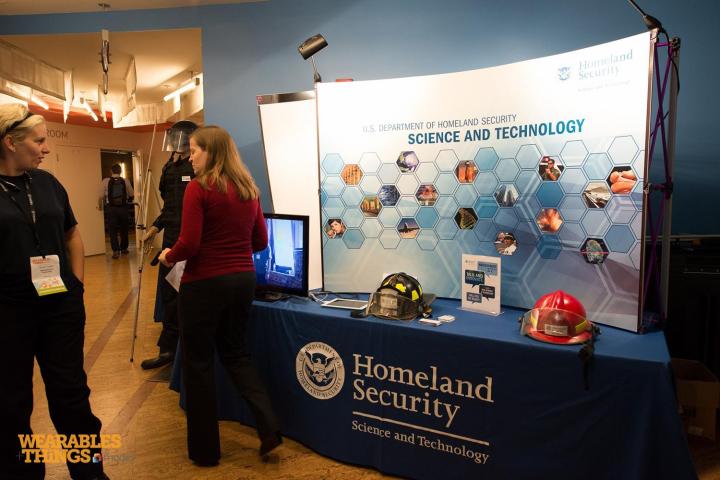
Now, as social media becomes an increasingly dangerous weapon in the hands of terrorists and other radicalized individuals, law enforcement agents will more closely examine the online activity of individuals seeking entry into the U.S. As per a Wall Street Journal report, the DHS will now “scrutinize social media posts as part of its visa application process before certain people are allowed entry into the nation.”
The decision to allow Tashfeen Malik, one of the San Bernardino shooters, into the U.S. seemed to represent a breakdown in security regulations, officials noted, especially considering the purported digital evidence of her allegiance to radical groups. In fact, the day of the deadly attack, Malik took to Facebook (under a pseudonym) to declare her loyalty to the Islamic State terror group and its leader. While it is still unclear as to whether she made similar public posts in the preceding period, law enforcement agents are now looking closely at her social media footprint to uncover further clues and perhaps prevent similar attacks in the future.
“It’s difficult to say exactly what [went wrong] and how, but for an individual to be able to come into this country –– one who the FBI has maintained had terrorist tendencies or affiliations or sympathies at least for a couple years, and then to propagate an attack like that on our own soil, obviously, I think it’s safe to say there’s going to be lessons learned here,” said State Department spokesperson John Kirby.
ISIS has long been known for its social media savvy, often using Twitter, Facebook, and other more surreptitious methods to recruit new followers and spread its gospel. Back in 2014, Homeland Security Secretary Jeh Johnson decided against allowing officials to examine social media profiles and messages, citing the possibility of “bad public relations” for the Obama administration as his reasoning.
“During that time period immigration officials were not allowed to use or review social media as part of the screening process,” said John Cohen, a former acting under-secretary at DHS for intelligence and analysis. He left the DHS in June of last year and now works for ABC. Johnson continues to head DHS.
“Immigration, security, and law enforcement officials recognized at the time that it was important to more extensively review public social media postings because they offered potential insights into whether somebody was an extremist or potentially connected to a terrorist organization or a supporter of the movement,” Cohen added. Now, the WSJ reports that the “DHS only looks at [social media posts] intermittently and as part of three pilot programs that began in earnest earlier this year.” But many lawmakers are urging for more sweeping measures to be implemented.
On Sunday, Democratic Senator Charles Schumer of New York called for more stringent social media checks. “Had they checked out Tashfeen Malik,” the senator said, “maybe those people in San Bernardino would be alive.”
Editors' Recommendations
- What is Section 230? Inside the legislation protecting social media
- Facebook reportedly suffers outage in parts of U.S.
- Coca Cola gives up on social media advertising entirely
- Protesters sharing tech tips to stay safe, avoid arrest amid U.S. unrest
- Instagram will begin hiding like counts as part of a U.S. test next week


